Maryam Akbar
We are witnessing historic moments where all the continents catastrophically are facing the series of COVID-19 epidemic named by the World Health Organization (WHO); this virus first emerged in the Chinese city of Wuhan. It barely took four months to become a pandemic , killing lives of thousands with the numbers still rising. On January 30, 2020, WHO declared COVID-19 as a global health emergency which includes critical testing, social distancing & quarantine. The first UN specialized organization WHO , established in 1948 vows to save humanity from global health threats, is facing challenges. After Influenza, Spanish Flu, cholera, Yellow Fever, Ebola, Zika , COVID-19 has alarmed this generation. COVID-19 is putting states & international organizations in gargantuan troubles. There are voices that are criticizing WHO’s efficiency and ability to deal with the crisis. Given the fact of its gigantic responsibility, WHO needs a robust framework and international cooperation. Existing circumstances have revealed many flaws in comprehensive strategic plan of WHO to cope up with the mountain threats. Healthy security bridges the national security with the global prosperity agenda. Pakistan is also within the ambit of the apocalyptic epidemic.
Pakistan’s under the Siege of COVID-19
COVID-19, a catastrophe, has pushed worldwide economies to the wall. Pakistan being an underdeveloped and war-stricken state with underlying vulnerabilities has been hit harder by the pandemic. We are sharing border with both Iran & China who have been hardly-hit by COVID-19. In February , the first case was confirmed in Pakistan and in no time the tally of infected patient reached 40. Being left with no other option, Pakistan went under partial lockdown by shutting down educational institutions, malls , public transportation and hug gatherings. Punjab, Sindh, Khyber Pakhtunkhwa & Baluchistan authorities chose their own strategies to face the epidemic. Meanwhile, Prime Minister Imran khan, walking a tightrope, launched the Ehsass program to provide economic emergency relief which saved 12 million individuals whose means of income were harshly affected. Under the rubric of this initiative the deserving households are being provided with Rs: 12,000 per family and the budget allotted is PKR 144 billion. It is appreciable that how federal and provincial governments came up with a multi sectoral strategy. Ehsaas program will ensure the proper flow of money to deserving families, given that it is being strictly monitored.
The Ministry of National Health Services Regulations and Coordination took a new initiative of establishing a control & command system of inter provisional coordination. Data is collected on the basis of district; gender based & age data is being collected from provinces and is being disseminated promptly for careful actions. Glancing into health care departments; hospitals were prepared but with questionable efficiency. PPEs, N95 face masks, testing kits and sanitizers for public & frontline staff failed to protect us and even the front liners in screening and managing the disease ratio.It exposed institutions specially the IT Industry to identify & facilitate the impeding situations. Patients & staff contracted the disease due to non-availability of the protection. COVID-19 showed cracks in the weak health system during the pandemic. The wave of the patients wouldn’t have been stopped by hospitals so specific places were converted into quarantine centers. Issues surfaced when patients questioned the facilities provided and the lack of ventilators. Equipment’s shortage was all due to the lack of preparedness & inadequate healthcare infrastructure. China’s help is silver lining in times of corona. Pakistan become the first country in the world to get testing kits from China along with additional masks, medical expertise and assistance to curb the spread of the pandemic Medical donations are still being given to Pakistan by China.
Threat Perceptions & the Post- Pandemic World :
Post-COVID-19 world will no longer be like that the past in the fields of economy, security & health. The epidemic will definitely have an impact on the international health regulations and the World Health Organization (WHO). Policies of IHL might be in effect which are linked with the states, surely WHO will be under the fire of poorly managed epidemic.Being citizens of under-developed country we need to strengthen the capacity to withstand such shocks. At present it is to early to say when the pandemic will end, but the greatest fear will remain in regard to our health care system. Life and death are pre-determined but to live without preventive measures is a suicide.
Maryam Akbar is is a 7th semester student of BS Politics and IR in the School of Integrated Social Sciences at the University of Lahore.
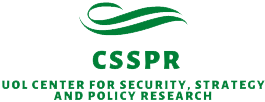

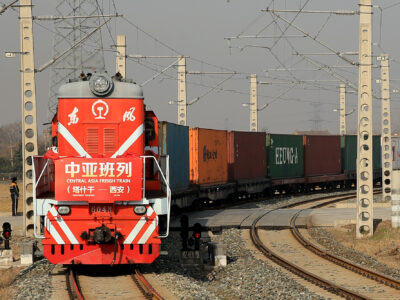
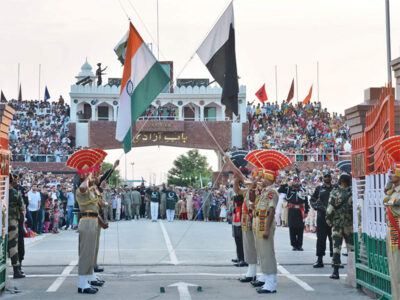
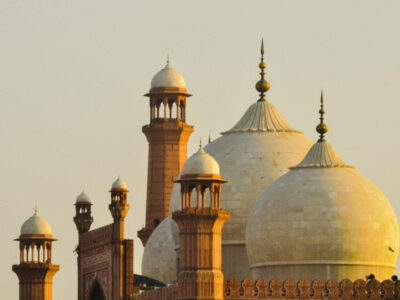

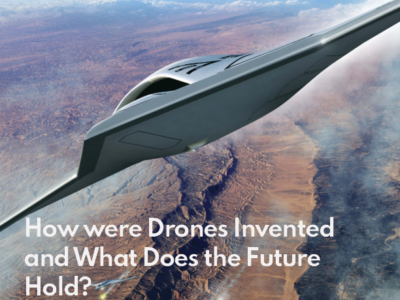
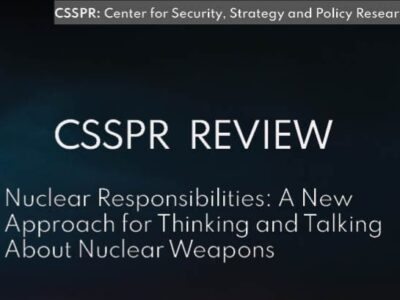
3frustrate